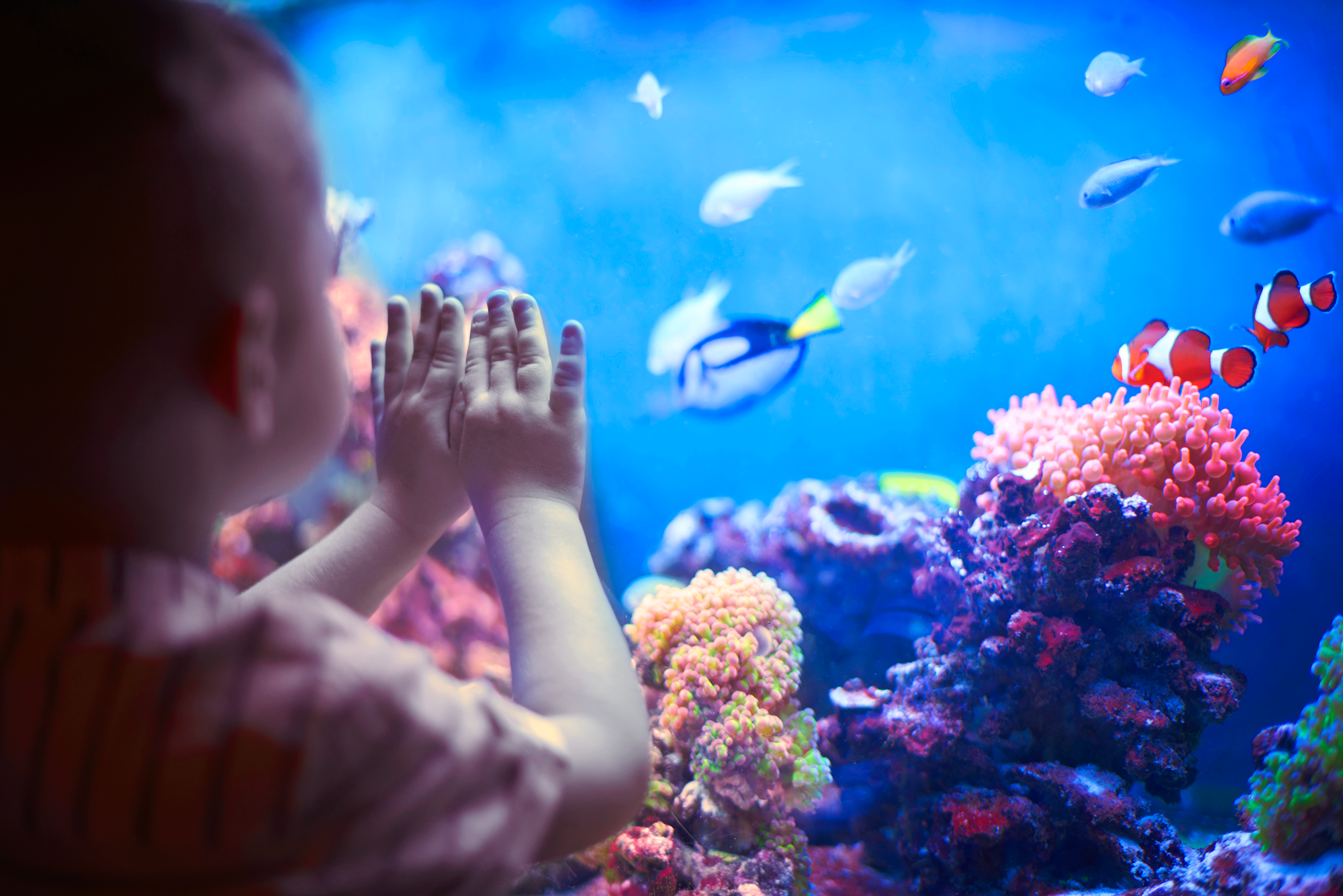
What role can storytelling play in a child’s cognitive and emotional well-being? Storytelling for children is vital because it is the best conduit to teach valuable lessons while children actively follow an organized set of acts packed with stimuli in the form of colors, shapes, and characters.
Children are easily distracted. They have a short attention span, normal for their age, which is enhanced by today’s countless signs around them: colors, noises, and even smells. Plus, everything is new and presents an excellent opportunity to explore for them.
On the other hand, adults have numerous subjects to teach children during those first years, like science, morals, nature, good manners, the importance of friendship and family love, etc. Storytelling is the best way to address all those subjects, often with an entertaining and satisfactory ending.

Many questions might sound repetitive, but these are necessary for children to gain confidence.
More Benefits in the Long Term
Storytelling shows children that every story has a past, a present, and a future. It means it involves origins and consequences. A lesson can be learned if there is a consequence, a result that promotes or condemns certain attitudes or acts. Children can see themselves as the characters of a story and use that idea to hone their communication skills with their parents.
Children also need to ask questions. If they feel they are in a secure environment, they will ask more and more questions. Many might sound repetitive, but this is necessary to gain confidence. In the same way, parents can ask for more details and let children complete with their imagination what the stories don’t show.
On our side, Friends of Rick Daniels storytelling books, we have created numerous stories with valuable lessons about telling time, counting, addition, subtraction, exploring the world around us, and the power of imagination.
What to do after Reading?
Talk. Talking is the best way to share opinions. It is possible you encounter answers you didn’t expect. Let the children speak their minds; it might surprise you.
Help them verbalize and offer words they might seek to translate their thoughts.
Remember that storytelling also comes out of your own experiences. You can share stories and experiences of your childhood, so your children understand you have also gone down that same path and came out of it with a valuable lesson.

Let the children speak their minds; it might surprise you

By teaching children to create stories, you nurture their storytelling abilities and potentially ignite their passion for art, language games, creativity, and innovation.
Children Creating their own Stories.
Take a piece of paper and ask your children to draw characters and create a story about them.
Are they friends or perhaps rivals? Do they have an objective? Do they find difficulty reaching that objective? Do they reach their goal on the first attempt or after several? Are they happy with the result, or maybe it differs from what they expected? T
his exercise will help them find solutions in complex situations. We all have been in a scenario where we do not know how to say or express something we feel.



